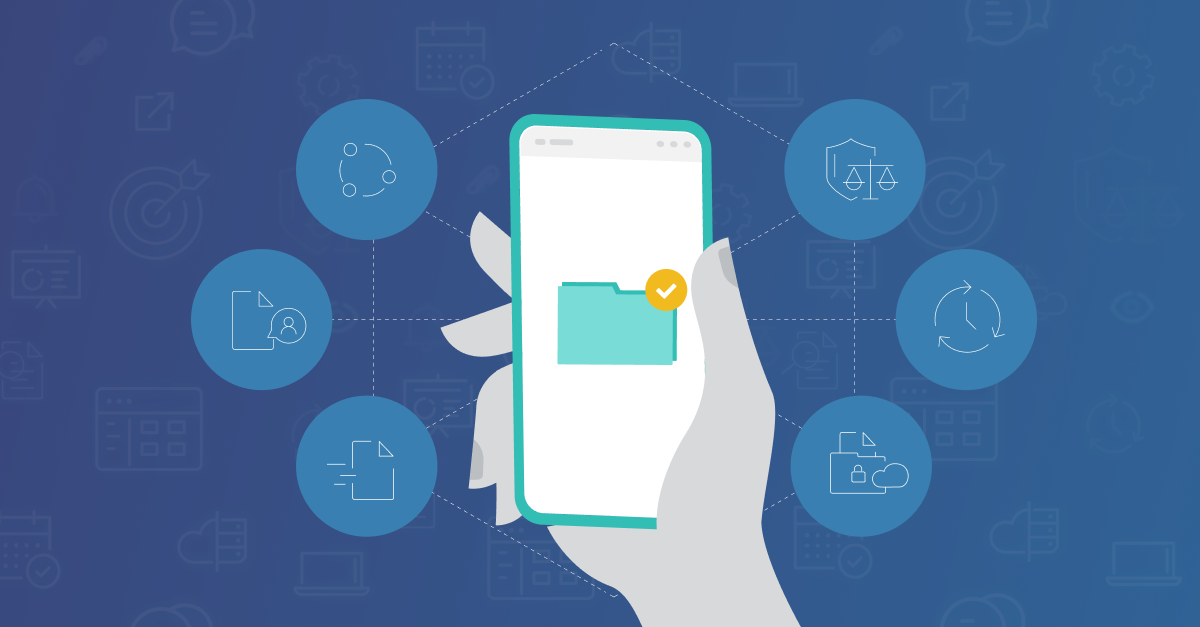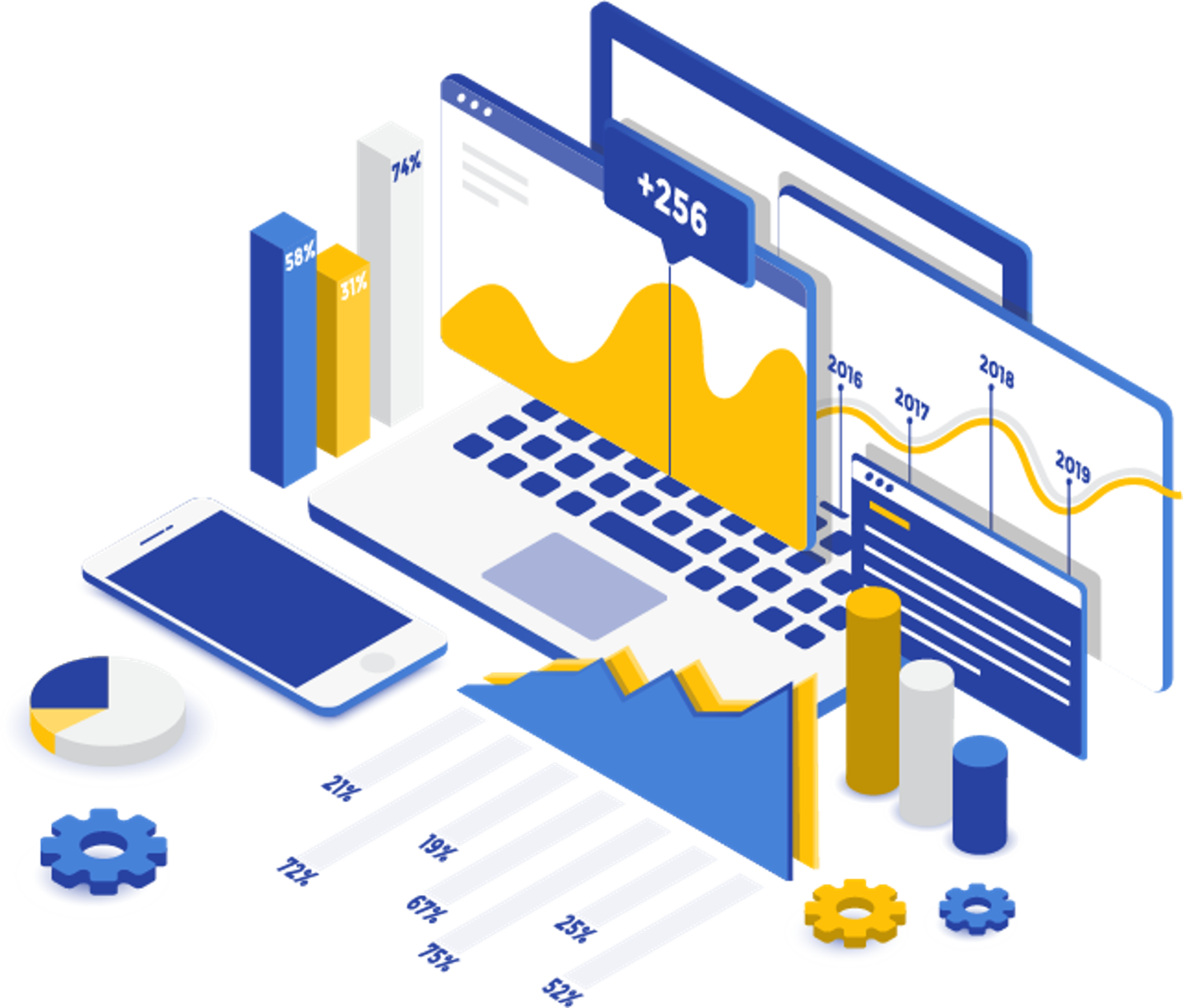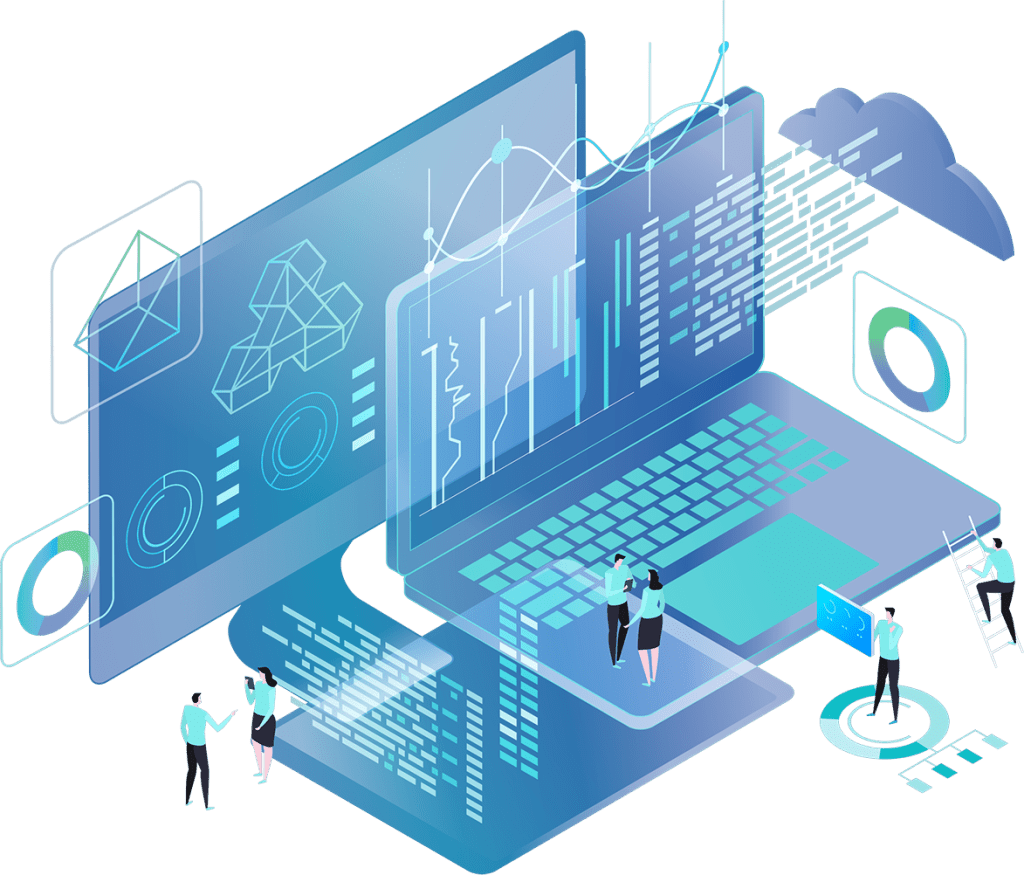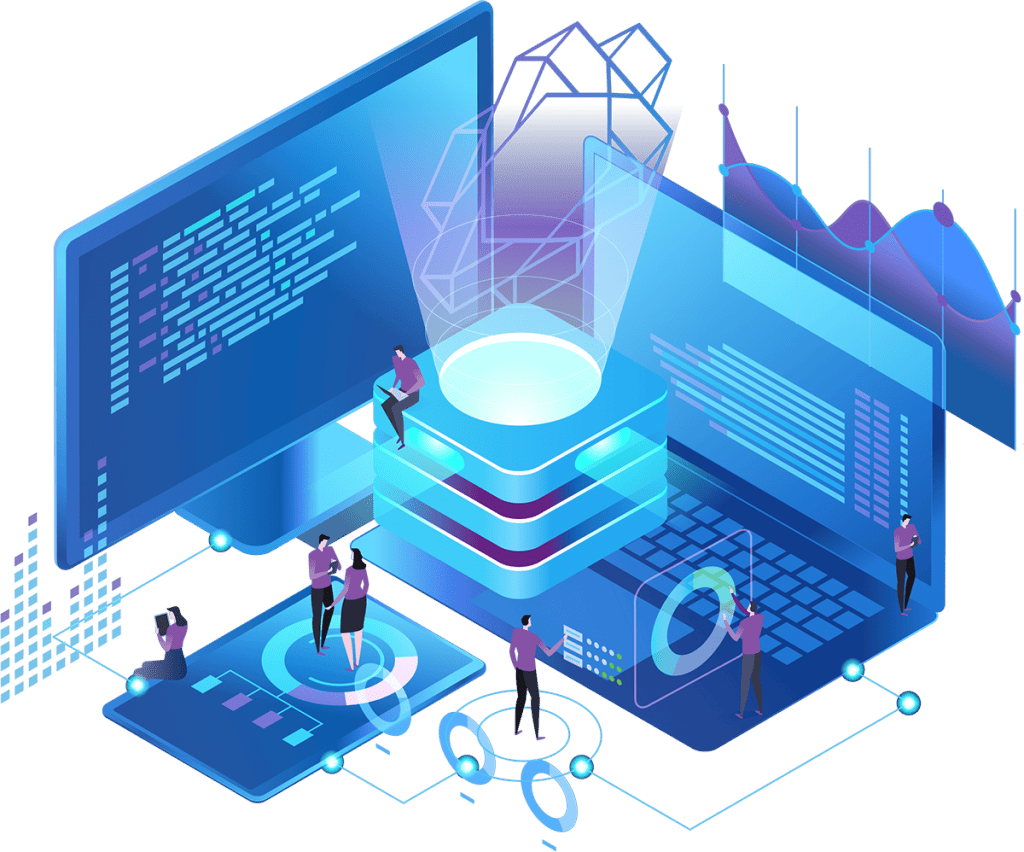
Data Ownership in the Digital Age: Navigating Rights and Responsibilities
In the rapidly evolving digital landscape, the concept of data ownership has become increasingly complex and crucial. Understanding who owns data, how it can be used, and the responsibilities that come with this ownership is key to navigating the digital age effectively.
Understanding Data Ownership: Definitions and Concepts
Data ownership refers to the legal rights and control over data. This concept is vital in determining who has the authority to access, modify, and manage data. The definition of data ownership is not just limited to possession but extends to the responsibility for ensuring data quality, security, and usability. It’s important to understand that owners are not just custodians of data, they play a critical role in how data assets are utilized and protected. The fundamental concept here is that the ownership of data confers control. This control is not only over the physical database but also over the processes involved in creating, storing, and using the data. The data owner typically has the ability to decide who can access the data and what they can do with it.
One of the key benefits of using an essay editing service like essayhub.com is the time it saves. Students often have tight schedules, juggling coursework, extracurricular activities, and sometimes part-time jobs. Outsourcing the editing process frees up precious time, allowing students to focus on other important aspects of their academic and personal lives.
The Role of Data Owners in Modern Businesses
In modern businesses, owners are often part of teams responsible for specific datasets or systems. These individuals or teams ensure that data is used effectively and responsibly within the organization. The role of a data owner includes defining access rules, assigning responsibility for data tasks, and ensuring that data is maintained accurately and securely. The significance of owners in business is amplified by the fact that data is now a critical business asset. Proper data management and stewardship are essential for any organization that wants to make informed decisions, understand its customers, and stay competitive. For students or professionals looking to delve deeper into the subject of data ownership and management in businesses, domyessay.com offers experts to write my article review that can assist in crafting detailed essays or research papers on this increasingly important topic.
Ubiquitous Commons, a concept that emphasizes the universal and shared nature of data, serves as a prime example of the evolving role of owners in modern businesses. This approach reflects a shift from traditional data ownership models, where individual organizations or entities held exclusive rights over data, to a more collaborative and inclusive framework. In the context of Ubiquitous Commons, owners are not just responsible for their datasets but also for understanding how these datasets interact with and contribute to a broader data ecosystem. This perspective encourages businesses to adopt a more holistic approach to data management, recognizing the interconnectedness of data across different platforms, systems, and stakeholders. For instance, a company embracing the Ubiquitous Commons model would approach data ownership with a focus on collaboration and shared responsibility. This could involve partnering with other organizations to enrich their data pools, participating in industry-wide data standards initiatives, or contributing to open-source data projects. Such collaborative efforts not only enhance the quality and diversity of the data available to the business but also foster innovation and creativity. Furthermore, data owners in a Ubiquitous Commons framework are tasked with ensuring ethical use of data. This includes adhering to privacy regulations, respecting user consent, and promoting transparency in data usage. By prioritizing ethical considerations, businesses can build trust with their customers and stakeholders, which is increasingly important in a data-driven world.


Legal Frameworks Governing Data Ownership
Navigating the legal frameworks governing data ownership can be difficult. Different jurisdictions have varying rules and regulations regarding data. In November, experts typically update their understanding of these legal aspects, ensuring that organizations comply with the latest requirements.
The service provided by Writepaper stands out for its commitment to delivering bespoke academic content. Here, each project is approached with a fresh perspective, ensuring that the final product not only meets the assignment’s requirements but also enriches the student’s academic journey with insights and thorough research.
Legal frameworks define the responsibilities of data owners, including how data is created, stored, accessed, and shared. These rules often focus on protecting the rights of individuals whose data is being collected and used, making it essential for data owners to be aware of and comply with these regulations.
Data Governance: Best Practices and Strategies
Data governance involves the overall management of the availability, usability, integrity, and security of data used in an organization. This process includes establishing policies and procedures that govern data ownership, stewardship, and usage.
Best practices in data governance require a clear definition of roles and responsibilities. This clarity ensures that data is managed effectively and aligns with the organization’s goals. Strategies in data governance often involve teams working together to establish standards for data quality and security.
Understanding Data Ownership: Definitions and Concepts
Data ownership refers to the legal rights and control over data. This concept is vital in determining who has the authority to access, modify, and manage data. The definition of data ownership is not just limited to possession but extends to the responsibility for ensuring data quality, security, and usability. It’s important to understand that owners are not just custodians of data, they play a critical role in how data assets are utilized and protected. The fundamental concept here is that the ownership of data confers control. This control is not only over the physical database but also over the processes involved in creating, storing, and using the data. The data owner typically has the ability to decide who can access the data and what they can do with it.

Challenges Faced by Data Owners in Protecting Data
Data owners face several challenges in protecting data. These include ensuring data security, maintaining data quality, and managing access. The task becomes more complex with the increasing volume and complexity of data. One of the biggest challenges is keeping data secure in an environment where cyber threats are constantly evolving. Data owners must stay updated with the latest security measures and ensure their systems are robust against such threats.
The Impact of Data Ownership on Consumer Privacy
Consumer privacy is a critical issue in the realm of data ownership. Data owners have the responsibility to protect the privacy of individuals whose data they control. This involves implementing policies and systems that safeguard personal information and comply with privacy laws.
The way data owners manage and use data can significantly impact consumer trust. Organizations that demonstrate a commitment to protecting consumer privacy can build stronger relationships with their customers.
Future Trends in Data Ownership and Regulation
The future of data ownership and regulation is likely to see continued evolution. As technology advances, new forms of data and methods of collection will emerge, requiring updated regulations and management strategies.
One trend is the increasing emphasis on individual data rights, where people have more control over their data. This shift will require organizations to adapt their data management practices and ensure they are transparent and responsible in their data use.
In conclusion, data ownership in the digital age is a complex field that requires a deep understanding of various concepts and responsibilities. From legal frameworks to best practices in data governance, the role of data owners is integral to how data is managed and used in our increasingly digital world. The challenges and opportunities presented by data ownership will continue to shape the landscape of digital information in the years to come.
